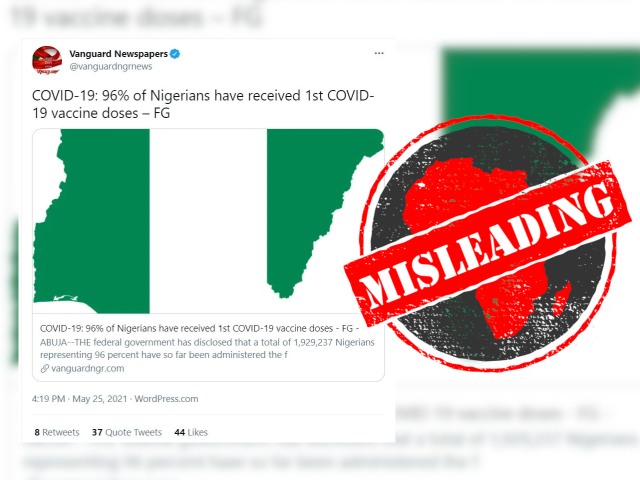In September 2019, xenophobic unrest flared up in parts of South Africa’s Gauteng province.
But a number of videos and pictures circulating online, supposedly showing the violence, are unrelated to the events.
A video posted on Twitter on 2 September shows a man on fire. (Note: It may be viewed here. Viewer discretion is highly advised.)
A large crowd is gathered around the burning man, watching as he struggles. As he stumbles and falls to the ground, a cardboard box is placed on top of his body.
The tweet is captioned: “Inside the #SouthAfrica Xenophobia, The nationals don’t want [no] citizens, Today it is Johannesburg and Pretoria, next is Durban.”

Using a screenshot from the video, we searched Google for the image.
Some of the results suggested the video was from an incident of mob justice in Hillbrow, Johannesburg.
A further Google search for the terms “man set alight Hillbrow” picked up a January 2019 article on News24. The article includes a photo the burning man between a white car and a man in a white vest, which can be seen in the video.
The incident took place after two men allegedly stole a woman’s handbag. Residents caught the men and took matters into their own hands. Their nationality is unknown. - Africa Check
But a number of videos and pictures circulating online, supposedly showing the violence, are unrelated to the events.
A video posted on Twitter on 2 September shows a man on fire. (Note: It may be viewed here. Viewer discretion is highly advised.)
A large crowd is gathered around the burning man, watching as he struggles. As he stumbles and falls to the ground, a cardboard box is placed on top of his body.
The tweet is captioned: “Inside the #SouthAfrica Xenophobia, The nationals don’t want [no] citizens, Today it is Johannesburg and Pretoria, next is Durban.”

‘Man set alight in Hillbrow’ in January 2019
Using a screenshot from the video, we searched Google for the image.
Some of the results suggested the video was from an incident of mob justice in Hillbrow, Johannesburg.
A further Google search for the terms “man set alight Hillbrow” picked up a January 2019 article on News24. The article includes a photo the burning man between a white car and a man in a white vest, which can be seen in the video.
The incident took place after two men allegedly stole a woman’s handbag. Residents caught the men and took matters into their own hands. Their nationality is unknown. - Africa Check
Republish our content for free
For publishers: what to do if your post is rated false
A fact-checker has rated your Facebook or Instagram post as “false”, “altered”, “partly false” or “missing context”. This could have serious consequences. What do you do?
Click on our guide for the steps you should follow.
Publishers guideAfrica Check teams up with Facebook
Africa Check is a partner in Meta's third-party fact-checking programme to help stop the spread of false information on social media.
The content we rate as “false” will be downgraded on Facebook and Instagram. This means fewer people will see it.
You can also help identify false information on Facebook. This guide explains how.




Add new comment